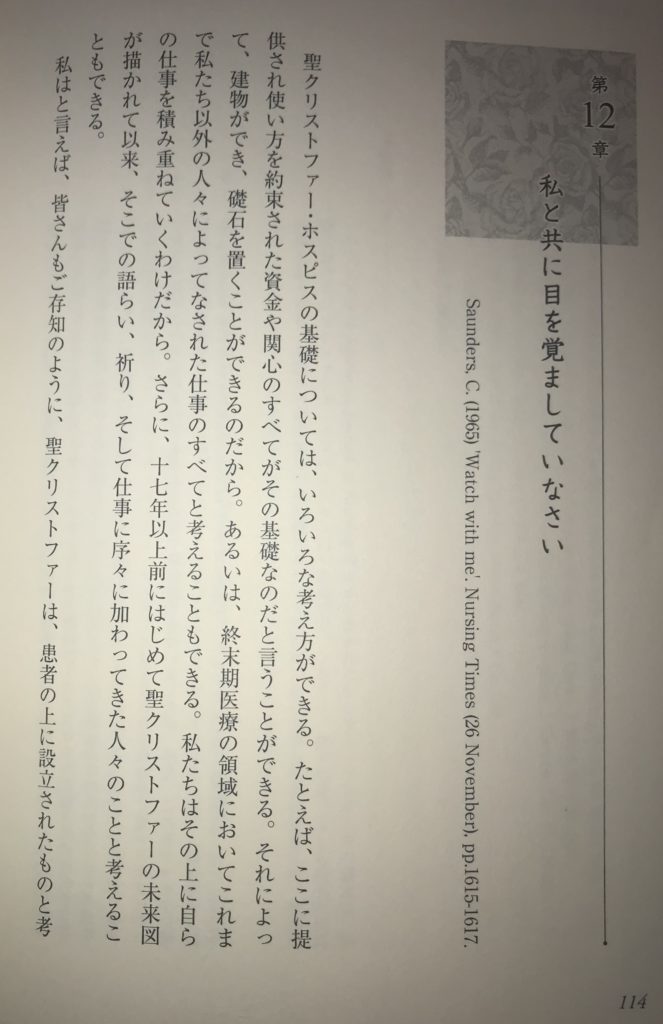
In summer 2018 I spotted a call from the Economic and Social Research Council seeking proposals to build collaboration between researchers in Japan and the United Kingdom, with no constraints on the subject matter. It looked an interesting opportunity. I quickly reached out to my Japanese colleague the philosopher Hirobumi Takenouchi and within a few weeks we had put together our bid in time for the deadline. In late November, we were delighted to learn that we had been successful.
The sociologist Tony Walter had often enthused to me on the profound sense of connection with the dead that exists in Japan. He pointed out that the ‘continuing bonds’ theory of bereavement developed by Dennis Klass was in part influenced by a study of Japanese ancestor worship. Likewise Hirobumi, a philosopher with thanatological and environmental interests, had shared with me his experiences in running death café events in Japan, and also teaching and reflecting on the cultural aspects of hospice and palliative care. Since both are members of the advisory group for my Wellcome Trust Investigator Award, I was much persuaded by their perspectives.
Very quickly, the ‘Mitori’ project began to form in our minds. We took this Japanese word to provide a focus on how and in what ways, dying people can be accompanied in the last stages of life, in a manner that will lead to better end of life care. Mitori denotes being with a dying person, and has echoes of the Cicely Saunders’ notion of ‘Watch with Me’. We decided to use it as a key that might unlock deep cultural assumptions about where, how and in what circumstances we should die.
The Mitori Project will therefore take a ‘watching’ brief on end of life issues in Japan and the UK. Through cross cultural comparison, it will enhance our understanding and adopt innovative approaches to shape a new agenda for research, knowledge exchange, and ultimately for social change and societal improvement.
Aim
Our aim with Mitori is to forge a new research agenda for end of life care in the two countries, with a team that can take it forward, based on mutual learning and a comparative approach. Our project brings together academics using the perspectives of social science, the humanities, and ethics to examine how care of people at the end of life is currently organised in the UK and Japan. We will explore how this has been shaped by relevant cultural, demographic, professional and policy factors. Our focus will be on how two societies with ageing populations, heavy demand on health and social care systems and changing social expectations about dying, death and bereavement, are responding to the challenges they face.
Underlying issues
The UK and Japan are very different cultures but share certain important features. Both are affluent, post-industrialized societies belonging to what we might call the Global North. They have a comparable GDP, ageing populations and estimated life expectancy of more than 80 years. Indeed, Japan is seen to have globally unprecedented aspects of ‘super ageing’.
Both the UK and Japan have highly developed technological national healthcare systems. In both countries death and dying is significantly medicalized, and the majority of deaths occur within medical institutions. These factors give rise to multiple and shared challenges for policy and practice: aging in place, caring for frail older people, autonomy at the end of life, advance directives, the challenges of dementia, and the use of technology to support activities of daily living.
In their specialist provision of end of life care, Japan and the UK have mature systems of policy and practice. Palliative care is delivered in free-standing inpatient hospices and units as well as in outpatient and community services. Both countries were ranked (among just 20 countries in the category) as being at the highest level of ‘advanced integration’ of palliative care in a global study published in 2013. In 2015 the Economist Intelligence Unit ranked the UK 1st of 80 countries and Japan 14th – placing both in the upper quartile.
Compared to the UK, aggressive and life sustaining treatment at end of life is widely practised in Japan due to the fear of prosecution against physicians that choose a palliative care approach. This is beginning to change following growing public debate around a series of controversial cases over the last decade, and provides an interesting point of comparison between the two countries.
Another important point of convergence is in the relationship between the individual and the wider collective – in medical, treatment and care decision-making at the end of life, as well as in bereavement. It is typically posited that the UK, as part of “Western culture” is individualistic and focused on personal autonomy. This is reflected in end of life policies which emphasise personal choice, consumer approaches and self-determination. Conversely, Japan is presumed to be less individualised and more family- and collectively-orientated. In this trope, Eastern cultures are seen to place greater value on traditional ritual and ceremony whereas by contrast, western societies are deemed more materialist and individualistic. These distinctions require critical scrutiny.
In between the separation of “inside” and “outside” in traditional Japanese society, there is a sphere called “seken”. The transformation of “seken” in the age of information technology and globalization means that Japanese people are losing this middle sphere in ways that affect how they relate to others in words and actions. This has become one of the drivers for open places, like “life and death cafes”, where new forms of interaction can occur, somewhere in between the public and the private.
Likewise, recent research in the area of bereavement studies presents us with a more nuanced picture and may be fertile ground to explore in cross-country comparisons. One study notes that for Japanese informants, ancestral ideas were far from hegemonic, stable or consistent and that tradition meant different things to different people. Similarly, findings from Britain challenge the notion of British society as entirely individualistic. Just as Japanese people may be personalising and individualising a set of shared traditions, British people do speak of bonds with the deceased that reflect interdependency. Similarly, in cross-cultural comparative research on medical decision making and medical culture from several Asian countries, Japan stands out as being less concerned with spirituality in care, less family orientated and more individualistic than comparable countries such as South Korea, China and Taiwan. Here Japan seems somewhat like the UK, in that older Japanese people are concerned about “meiwaku” – the sense of being a physical, psychological or financial burden on other family members.
Our interdisciplinary approach will further test out the value of these comparative perspectives and their relevance to the research questions we pose.
Objectives
In aiming to forge a new research agenda for end of life care in the UK and Japan, with a team that can take it forward, we have the following objectives:
1. To identify key thematic areas of difference and commonality in end of life issues relating to Japan and the United Kingdom, through three work streams focused on: culture, practice and policy, and paying special attention to the conceptual problems of comparison. This will provide us with the knowledge to shape a new agenda for social science research on end of life care in the two countries.
2. To facilitate face to face meetings between the participants and also develop an active online and digital forum for the sharing of ideas and the development of collaborative work between team members. This will enable us to build capacity for future working.
3. To create an outward facing presence through a website and the active use of social media platforms, thereby building a wider community of interest around the project and establishing robust pathways to impact. This will enable us to identify key stakeholders to engage as users and co-producers of future research.
Research questions
Given the nature of our project, our questions are part methodological, and part substantive. They are also closely tied to our stated objectives.
- How do methods, disciplinary perspectives, priority topics and the grouping and organisation of end of life research reflect shared or divergent approaches in the UK and Japan?
- Which areas of end of scholarship and research are most and least developed in the two countries?
- What are the most significant areas (e.g. hospice/palliative care; bereavement; responses to disasters; trajectories of dying; assisted dying) in which a comparative approach between Japanese and UK researchers can develop new insights and approaches?
We will seek to answer these questions through a set of collaborative working methods and by using a methodological framework that is comprehensive and wide-ranging.
Methodological framework – a taxonomy of interventions
In recent years, members of our team have conceptualised a comprehensive taxonomy of interventions that incorporates different types of ‘organized response to end of life issues’. We have classified the range of end of life interventions into 10 substantive categories: policy, advocacy, educational, ethico-legal, service, clinical, research, cultural, intangible, self-determined and mapped the indicative content of each.
The taxonomy will provide a guiding framework to our deliberations on aspects of culture, practice and policy relating to end of life issues in Japan and the UK. We believe it opens up a debate about end of life interventions in new ways to provide protagonists, activists, policy makers, clinicians, researchers and educators with a comprehensive framework in which to place their endeavours, and more effectively to assess their efficacy. End of life issues, broadly characterised, are beginning to figure more strongly in public debate and planning, but we often lack understanding of new approaches to these matters, beyond those that sit within the paradigm of hospice, palliative care and related health and social services or those located in thanatological writings that appear of little relevance to policy and practice. We will adopt a middle path between these extremes to identify a common ground on which Japanese and UK researchers can identify new lines of enquiry that are progressive and mutually enriching between the two countries.
Guided by the taxonomy we will explore the inter-related themes of culture, practice and policy as they relate to end of life issue in the two countries. We have noted that where comparative work on end of life issues in Japan and another country has taken place, the dominant comparator in the past has been the USA. Some of this work suffers from an ethnocentric tendency to see North American orientations as the baseline against which Japanese experience and approaches are assessed. This is a deep flaw which we seek to avoid by using the 10 point taxonomy to enable a co-production of ideas and research initiatives.
Culture
We understand culture to consist of the beliefs, values, behaviours, and dispositions that exist among groups in society. Culture also has a material dimension – in objects, manufactured things, and practical inventions. Through culture, we define who we are, to what extent we conform to shared values, and how we contribute to community and society. There has long been a recognition that end of life care systems must be rooted in specific cultural contexts if they are to thrive and be effective.
Ending life with dignity, with freedom from pain and with appropriate social, psychological, spiritual and medical support are widely accepted as attributes of the ‘good death’ – but the manner in which this can be achieved varies enormously across cultures, jurisdictions and settings. Recently there has been debate about whether palliative care can or should be the answer to good end of life care in all contexts. Some arguments, particularly from the rich world, propose wider access to assisted dying and the legalisation of euthanasia, to extend ‘choice’ at the end of life and promote autonomy. Others seek not elite dying for the few, but palliative care principles embedded across the health and social care system, thereby maximising benefits for the greatest number. Some positions revolve around the need to build community resilience in the face of ageing, dying and death, drawing on perspectives from health promotion and public health to develop strategies for intervention. Our views on life and death are also linked to our understanding of nature and environment, and ultimately ‘death in the anthropocene’. We will want to explore how such themes do or do not relate to fields of practice in end of life care.
Practice
Culture-specific beliefs, values and behaviours about end of life both constitute and complicate the organization of palliative care. Palliative care practices, including the development and regulation of scope and best evidence, as well as clinical teaching and research, are therefore subject to the same challenges as other cultural practices. For practitioners, understanding one’s place in that culture requires reflexivity and an ability to see how and why one acts upon a particular situation and at the same time how and why one is acted upon in the process.
From a practical perspective, efforts to extend quality end of life care are underway in many countries, but these initiatives are often under-resourced and lack coverage. Furthermore, the philosophical goals of practice may be held in tension with the realities of care provision. As a result, while the expansion of palliative care is championed as a global public health priority, we still have limited agreement on what constitutes appropriate end of life care within different types of countries, cultures, and care settings. Without better insights into practices that contain both local relevance and global efficacy, it is unclear how these efforts might be more successful, even as many societies increasingly highlight their inability to care for older people effectively and adequately as they face death – at home, in hospitals, in care homes, prisons and other institutional settings. Our project provides a crucial context in which to explore these matters.
Policy We take policy to refer to all those issues where governments, institutions or other organizations, including non-State Actors, seek to reach their goals. This can take multiple forms, more or less wide-ranging, from a national intervention to a programme, a plan, a strategy, an institutional or administrative arrangement, or a procedure. We will investigate these diverse aspects of policy as they relate to end of life issues in Japan and the UK. In this context we are also interested in the notion of ‘policy transfer’ as a process by which knowledge of policies, administrative arrangements, institutions and ideas from one system or jurisdiction is used in the development of similar features in another. The framework of policy transfer is frequently used in the analysis of the internationalisation or globalisation of policies, where many actors are involved, such as supranational organizations, pressure groups or transnational advocacy group. We shall be particularly alert to areas where both countries appear to draw on similar policy narratives or approaches to address a particular end of life issue. We will also attend to the potential for cross-cultural analysis to highlight unintended consequences of policy and policy transfer between settings.
Core team and collaborators
We are convinced that the questions we pose can only be answered though a multi-disciplinary lens. Our team therefore comprises perspectives from sociology, anthropology, philosophy and ethics, and religious studies. We make use of conceptual frameworks from post-colonial and translation studies, science and technology studies, theories of globalisation and development, feminism and death studies.
We have assembled a core team of eight people, equally divided between the UK and Japan to be responsible for the key tasks of the project and the outputs. Six Early Career Researchers (ECRs) working in pairs (Japan/UK) will take the lead on the three themes (culture, practice and policy). In addition, we have recruited a group of collaborators from the UK and Japan who will offer advice and commentary on the work.

Dr Gitte Koksvik 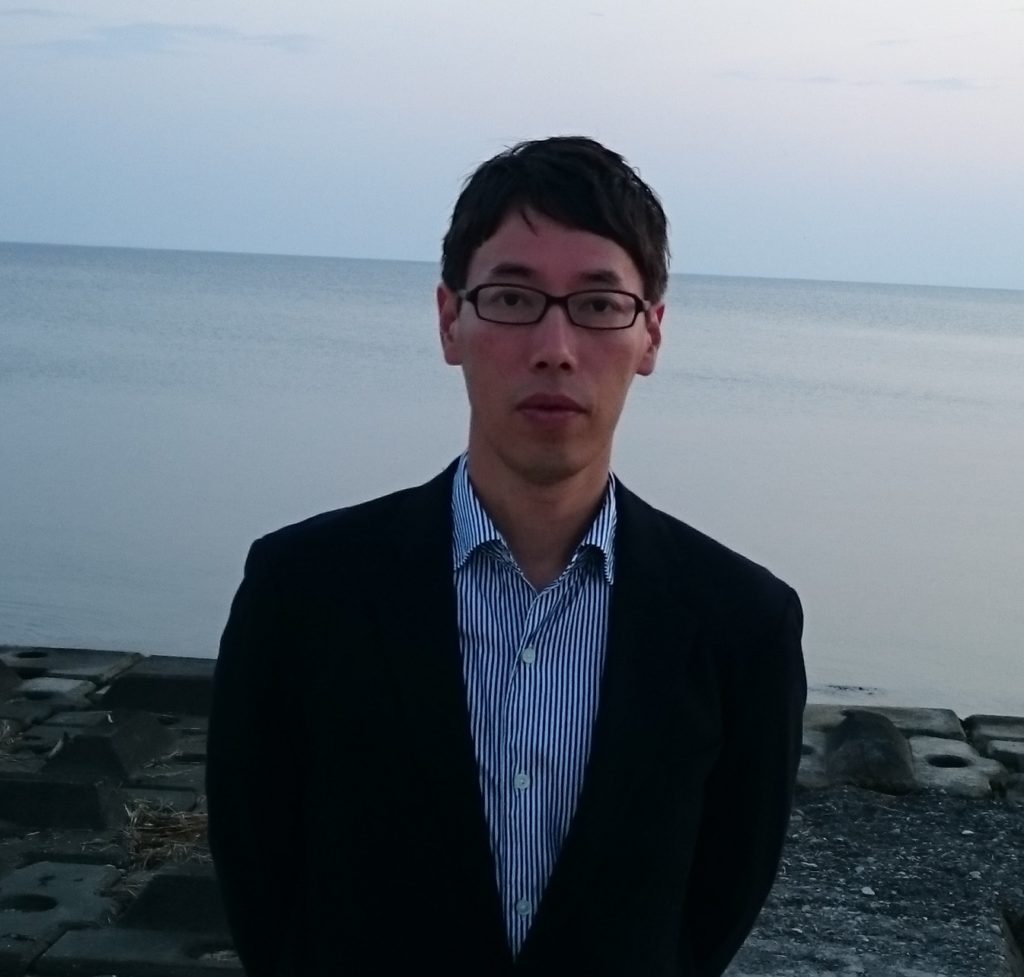
Dr Yoshinori Takata 
Dr Marian Krawczyk 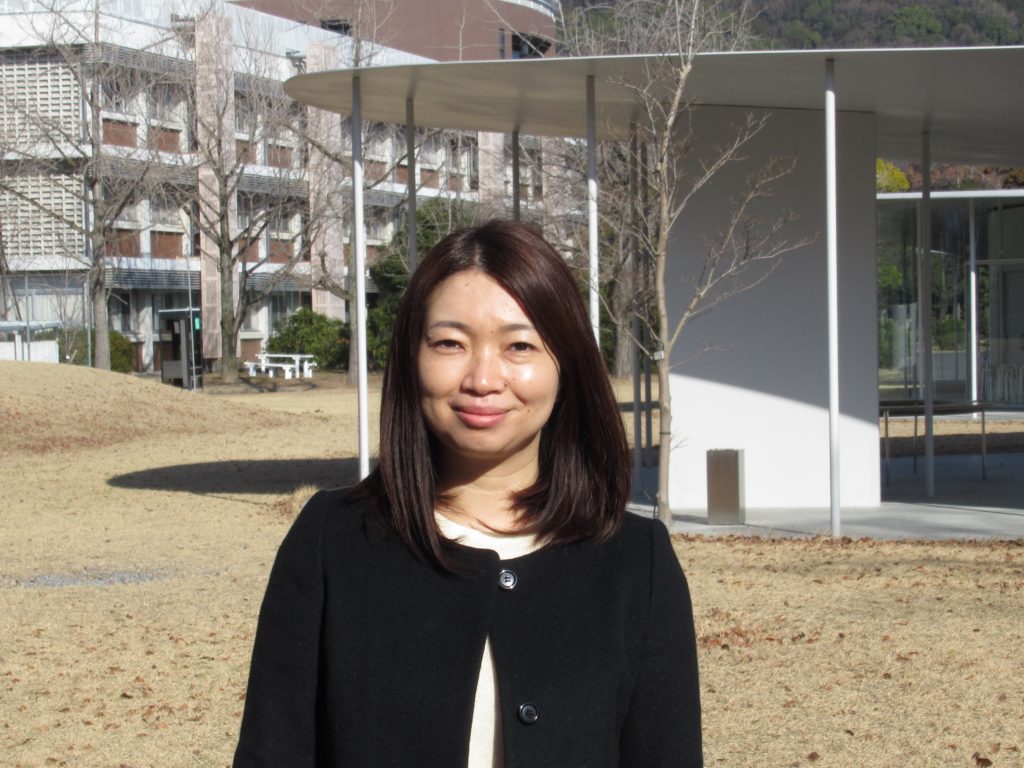
Dr Haruka Hikasa 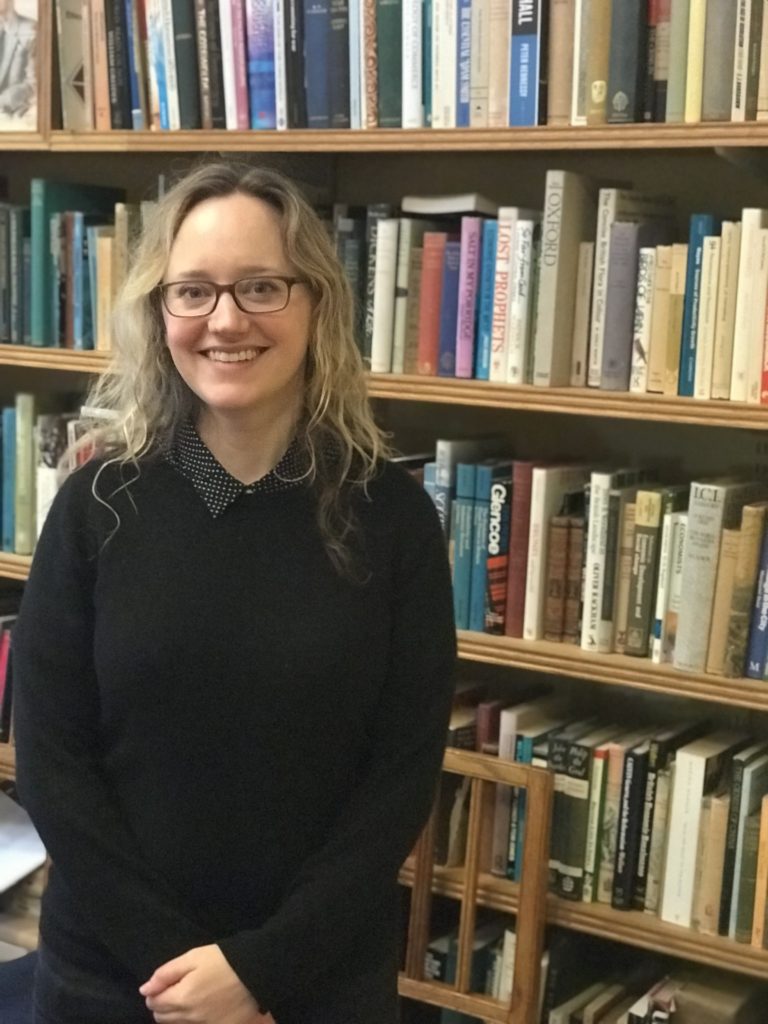
Dr Naomi Richards 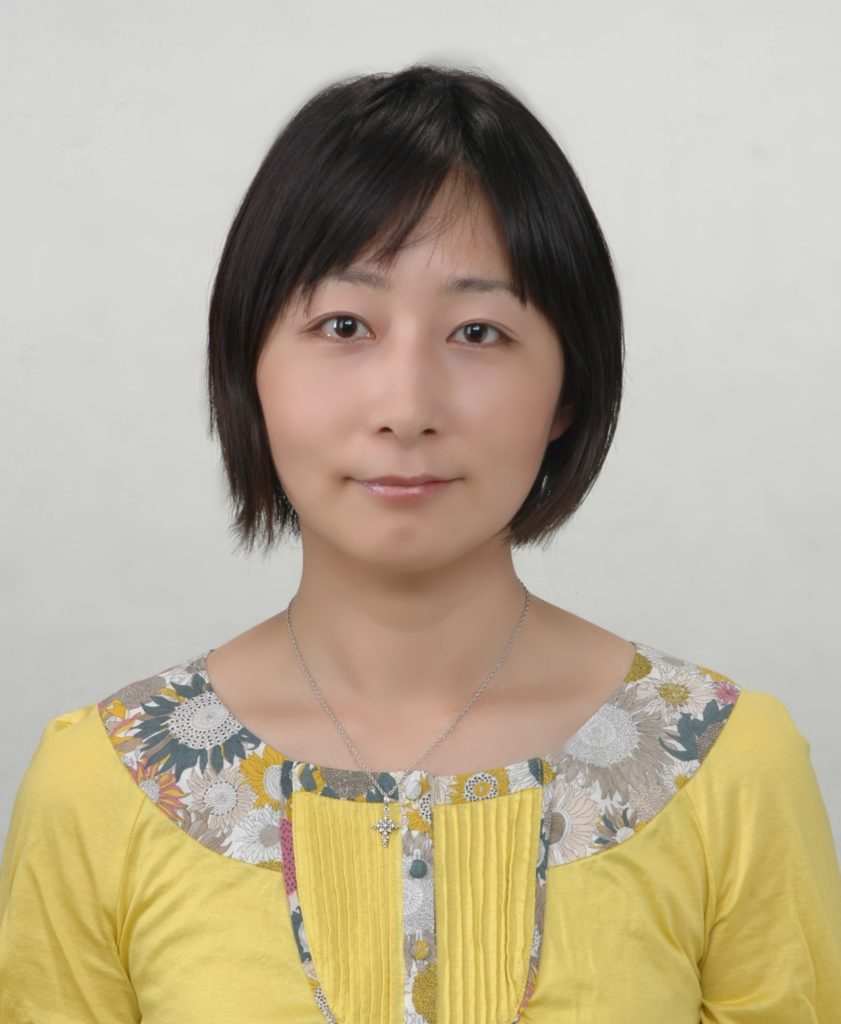
Ms Miho Tanaka 
Professor David Clark 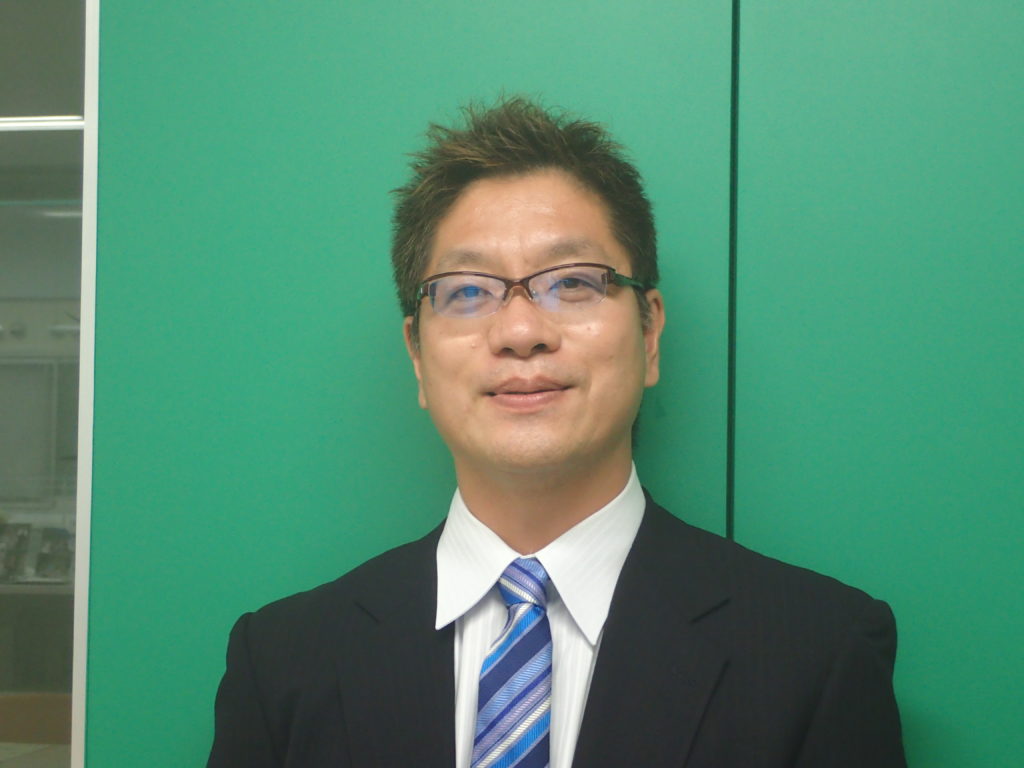
Professor Hirobumi Takenouchi
We thus have a committed group of core members who will drive the work forward and a supporting network of collaborators who will encourage and give feedback on our efforts.
Next steps
The project will last just 15 months. There is a lot to do. Our ‘kick off’ meeting, bringing all the core team members together for the first time, takes place at the University of Glasgow, Dumfries Campus, in March 2019. There will be a return event in Shizuoka University later in the year, hosted by Hirobumi Takenouchi and his colleagues. We are also planning some innovative forms of public engagement. We are really eager to hear from people of Japanese descent in Britain and those of British descent in Japan, who may be interested in hearing more about our work and engaging in our discussions.
We will report progress on the project here on the blog and elsewhere. By the end we hope to be in a strong position to advocate for actual collaborative studies in the two countries, and to build on the initial ‘watching brief’ of the Mitori Project, turning it into practical action.
We are grateful to the Economic and Social Research Council, grant number ES/S013865/1 for funding under its UK-Japan Social Science and Humanities Connections scheme.
Further reading
Borgstrom, E and Walter, T. (2015) “Choice and compassion at the end of life: A critical analysis of recent English policy discourse”. Social Science & Medicine, 136-13: 95-105.
Cherny, N. (2012) “Controversies in oncologist-patient communication: a nuanced approach to autonomy, culture and paternalism.” Oncology 26(1): 37-41.
Clark, D., Inbadas, H., Colburn, B., Forrest, C., Richards, N., Whitelaw, S., Zaman, S. (2017) “Interventions at the end of life – a taxonomy for ‘overlapping consensus’” Wellcome Open Research; 2: 7.
Fukui, S. Yoshiuchi, K., Fujita, J., Sawai, M., Watanabe, M. (2011) “Japanese people’s preference for place of end-of-life care and death: a population-based nationwide survey”. Journal of Pain Symptom Management 42(6):882-92.
Geertz, C. (1994) “Thick description: Toward an interpretive theory of culture”. In M.Martin & L. C. McIntyre (Eds.), Readings in the philosophy of social science (pp. 213-231). Cambridge, MA: MIT Press.
Hirayama, Y Otani, T Matsushima, M. (2017) “Japanese citizens’ attitude toward end-of-life care and advance directives: A qualitative study for members of medical cooperatives”. Journal of General and Family Medicine (18)6; 378-385
Koksvik, G. (2018) “Medically Timed Death as an Enactment of Good Death: An Ethnographic Study of Three European Intensive Care Units”. 2018. OMEGA- Journal of death and dying pp. 1-14
Koksvik, G. (2015) “Dignity in Practice: Day-to-Day Life in Intensive Care Units in Western Europe”. Medical Anthropology 34(6), pp. 517-532
Krawczyk, M. and Richards, N. (2018) “The relevance of ‘total pain’ in palliative care practice and policy”. European Journal of Palliative Care, 25(3), pp. 128-130.
Locke, M. (1996) “Death in Technological Time: Locating the End of Meaningful Life”. Medical Anthropology Quarterly, New Series, 10,4: 575-600.
Long, S O. (2005) Final Days. Japanese culture and choice at the end of life. Hawaii: University of Hawaii Press.
Lynch, T., Connor, S., and Clark, D. (2013) “Mapping levels of palliative care development: a global update. Journal of Pain and Symptom Management” 45(6): 1094-1106. (
Makino, J. et al. (2014) “End-of-life considerations in the ICU in Japan: ethical and legal perspectives” J. Intensive Care.
Odachi, R., Tamaki, T., Ito, M., Okita, T., Kitamura, Y., Sobue, T. (2017) “Nurses’ Experiences of End-of-life Care in Long-term Care Hospitals in Japan: Balancing Improving the Quality of Life and Sustaining the Lives of Patients Dying at Hospitals” Asian Nursing research11: 207-215
Orpett Long, S. 2001. Negotiating the “Good Death”: Japanese Ambivalence about New Ways to Die. Ethnology, 40,4: 271-289.
Quality of Death Report. (2015) “Quality of Death Index: Ranking Palliative care across the World”. Economist Intelligence Unit, London, UK.
Richards, N. (2017) “Assisted suicide as a remedy for suffering? The end-of-life preferences of British ‘suicide tourists’”. Medical Anthropology, 36(4), pp. 348-362. (doi:10.1080/01459740.2016.1255610) (PMID:27845576)
Scranton, R. (2015) “Learning to Die in the Anthropocene”. San Francisco: City Lights.
Steffen, EM. & Klass, D. (2018) “Culture, contexts and connections: a conversation with Dennis Klass about his life and work as a bereavement scholar”, p. 208. Mortality, 23:3, 203-214.
Suh, S-Y., Morita, T., Oyama, Y., Chiu, T-Y., Koh, S. J., Hwang, S-J., Yoshie, T., Tsuneto, S. (2015) “A Cross-Cultural Study on Behaviors When Death Is Approaching in East Asian Countries. What Are the Physician-Perceived Common Beliefs and Practices?” Medicine 94 (39) 2-6.
Takenouchi, H. (2007) “Mitori no biunka no saikouchiku he mukete [Towards reconstruction of “cultures of” “mitori” in modern Japanese society]”. Shimizu, T (eds) Koureishakai wo ikiru: iruhito/Mitoru shisutemu[Living in aged society: Growing old/Caring for the dying], Toshindo Publishing, pp.95-116.
Takenouchi, H. (2015) “Where does Environmental Crisis Lead Us? : Towards Construction of Environmental Bioethics”. 4th International Conference on Management and Economics, University of Ruhuna, Sri Lanka, pp.1-15.
Valentine, C. (2009) “Continuing bonds after bereavement: a cross-cultural perspective” Bereavement Care 28:2, 6-11; Valentine, C (2013) “Identity and post-mortem relationships in the narratives of British and Japanese mourners” The Sociological Review 61: 2:383-401.
Vijay D, Zaman S and Clark D. (2018) Translation of a community palliative care intervention: Experience from West Bengal, India [version 1; referees: 2 approved, 1 approved with reservations]. Wellcome Open Res, 3:66
Walter, T. (2017) What Death Means Now: Thinking Critically About Dying and Grieving Bristol. Bristol: Policy Press.
Zaman, S., Inbadas, H., Whitelaw, A. and Clark, D. (2017) “Common or multiple futures for end of life care around the world? Ideas from the ‘waiting room of history’”. Social Science and Medicine, 172, pp. 72-79.

